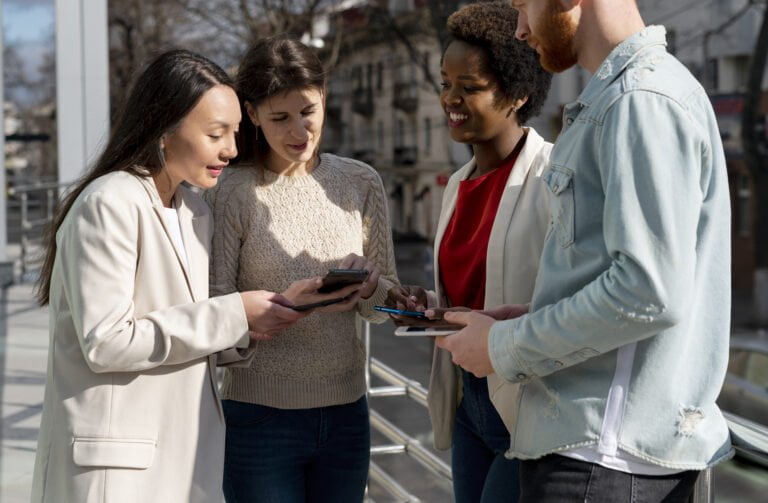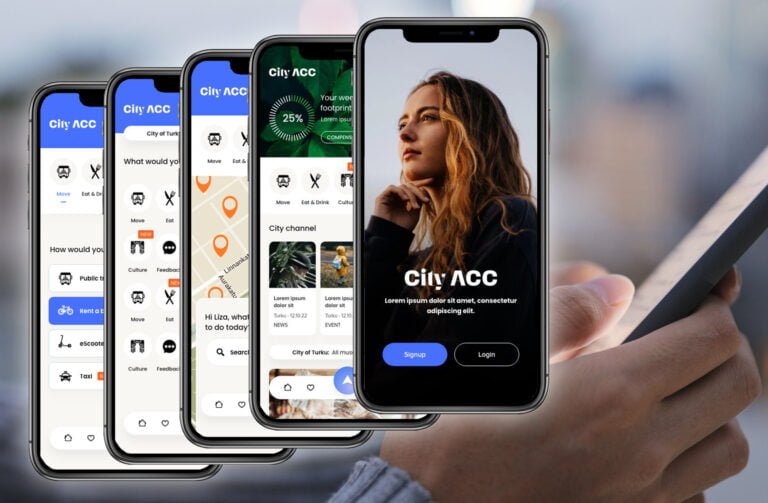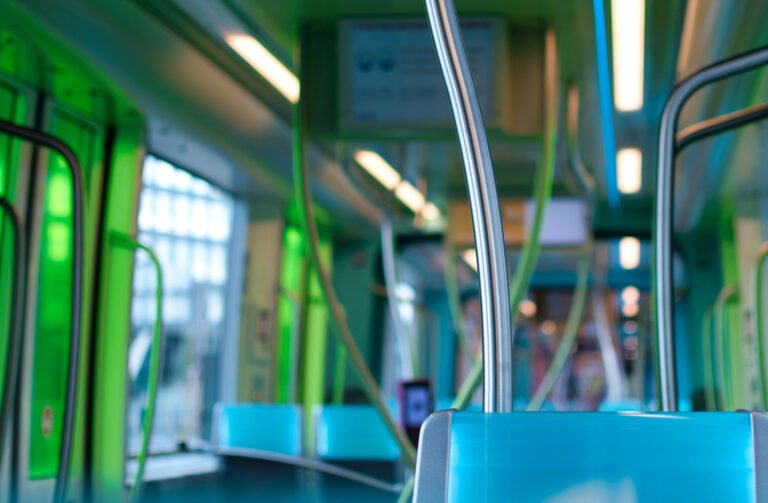By Tuomo Parjanen
CEO of PayiQ
No one would like to revisit 2020, but the transition to 2021 doesn’t feel easy either. While 2020 was a battle for survival for many, 2021 might be the battle for the survival of the fittest. It is a somewhat exhausting thought but at the same time an invigorating opportunity.
The mobility sector of course took a huge hit during 2020. So did we. Our well-crafted plans for international expansion were put on hold and everything was quickly scaled to reflect the realities of the Covid era. Despite this, our team remained stubborn about growth and were able to keep the company on the growth track.
As in many other companies, while some things went on ice, others were put on steroids. In PayiQ’s case, we were already shifting our expansion strategy from opening new offices to building partnerships. This we revved up. There’s naturally less risk involved in partnering than in expanding your organization, but resiliency was not the main reason for focusing on partnerships. It’s about the size, we figured. Our product is top of the line but in a narrow niche of ticketing platforms. While there is a rapidly growing demand for what we do, it is rarely just for our product, but for more comprehensive solutions. To be where the action is, it makes sense to partner.
The ecosystem became a slightly inflated word during the past few years until the Covid hit us. Now, in the new reality, its strength has been again realized. There’s a lot that makes sense for us, our customers, and our partners. And therefore, there is the new CITYacc Ecosystem in place. Seeing your business as a part of an ecosystem forces you to be adaptive, to keep your interfaces open, and to stay away from exclusive deals. You develop and sell what you are best at, but you don’t selfishly focus just on your own benefit. Your success is dependent on the ecosystem’s success.
We have enjoyed great partner relationships, among others, with Cybersource/Visa, Microsoft, SC-SOFT, and SkedGo and have recently added Linux infrastructure provider SUSE, Middle-Eastern technology provider Future Communication Company and one of the world’s leading ICT consultants as partners. Together with partners like this our ticketing platform can be part of the solution in an infrastructure project of any size.
While mobility and related technology remain our focus, we are aware that in today’s world many boundaries are being pushed. One interesting development, and very relevant to us, is how banks are becoming technology companies, as Elena Baidakova, director for our Russian and CIS operations recently wrote in our blog. Banks are interested in customers and transactions and there are a lot of those in mass transit. We recently added support for the Russian Faster Payments System, which is a service mandated by the Central Bank of the Russian Federation and allows people to transfer money immediately with a mobile app irrespective of the payer’s and the receiver’s banks. This makes it possible for us to offer passengers the possibility to top up a transport card, as well as purchase a mobile ticket, using the most inexpensive payment method.
It is probably not fruitful to debate whether a transport operator or a bank will sell tickets in the future, but it is worth recognizing that in an ecosystem, lines like that are often blurred. What’s needed in this new world are enablers, like PayiQ is in ticketing. Already in 2018, we started taking the first steps in this direction in our cooperation with OP Bank and their Pivo electronic wallet.
Even if the evolution of the global ecosystem is fascinating to follow, most solutions are still sold on a local level. Therefore, we need to be able to act and implement quickly on the local level even when we don’t have a physical presence. To this aim, we have developed a new licensing model for our service that enables us to ship a localized product in just weeks.
On the product level, we have, based on customer feedback, focused on ticket pricing, adaptability, and carbon footprint. Our “Best price ticket” always finds the cheapest ticket to travel between two points. Our Hop-On Hop-Off Tickets enable pricing based on the length of the trip. The ticketing service tracks when a person gets aboard and when they get off and charges based on that. And our carbon footprint algorithm can report, both to individuals and to cities, the environmental burden of trips taken.
How this all plays out depends of course on the timetable and the efficacy of the vaccines. While crises supercharge development, they also have a sobering effect. What we are preparing for is a gradual recovery of the transport sector and a steady adaptation of new technologies. We must focus on real developments and real data instead of hype. Gradual recovery means that we don’t expect the travel volumes to reach pre-Covid levels in 2021 but it may offer us new business opportunities. For example, during the recovery commuting will probably be more distributed over time than it was before the pandemic. To be able to operate mass transit that has reserved time slots for individual travelers you need a tool like our ticketing system.
Something that will also make a gradual return is events. There will be a massive demand for shared live experiences when it becomes possible again, but, as much as we’d wish otherwise, the gates probably cannot be opened at once. To intelligently manage the safe return of mass events, one needs a smart ticketing system.
In the coming year, a smart recovery awaits, but we all must do our absolute best to make it a success. Keep calm and gear up.
















